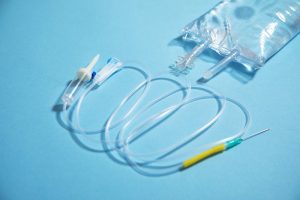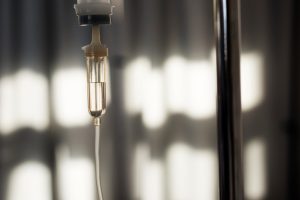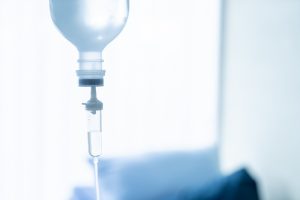If you or a loved one has ever required intravenous (IV) fluids, you may have wondered about the dietary restrictions involved. One common concern is eating while infusion, often termed IV nutrition intake. So, can you eat while on IV fluids?
In this article, we’ll explore the factors healthcare professionals consider when determining if eating is permitted while receiving IV fluids, including absorbing nutrients. We’ll also dive into the potential risks, benefits, and specific circumstances.
Various elements play a role in this decision-making process, from the type of IV fluids being administered to the patient’s medical condition. Understanding these nuances is crucial for optimal care and recovery. Now, let’s learn!
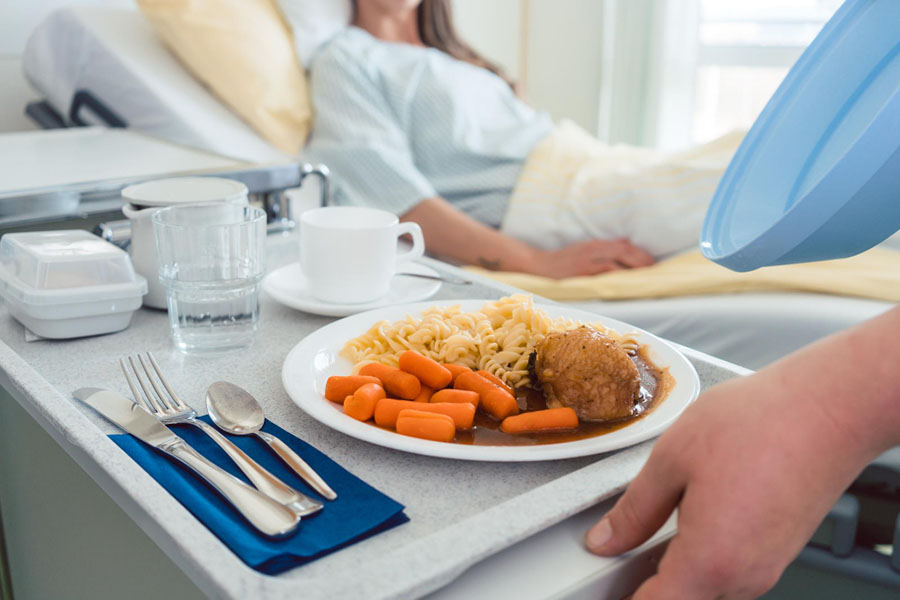
Can You Eat While on IV Fluids?
Generally, it’s okay to eat while on IV fluids, but it depends on why you’re receiving them. If you’re in the hospital and need IV fluids because you can’t eat or drink, your doctor may decide when it’s safe to start eating again.
In some cases, they may start you on a liquid diet before moving to solid foods. If you’re receiving IV fluids for other reasons, like hydration during surgery, your doctor will let you know if eating is allowed.
However, certain medical conditions may require restrictions on oral intake. This is to prevent complications or discomfort, especially for gastrointestinal issues or after surgical procedures.
Does an IV Bag Contain All the Nutrients Needed?
No, an IV bag typically does not contain all the nutrients needed for complete nutrition. Most common IV fluids are designed to provide hydration and electrolyte balance, sometimes including glucose.
However, they lack essential macronutrients like proteins, fats, and complex carbohydrates. They also lack vital micronutrients such as vitamins and minerals. While specialized solutions like Total Parenteral Nutrition (TPN) and Partial Parenteral Nutrition (PPN) exist, they offer more comprehensive nutritional support intravenously.
They are typically used only when oral or enteral feeding is inadequate or impossible. For most individuals receiving IV fluids, supplementing with a balanced oral diet is crucial. It might help meet their nutritional needs and support overall health.
Are There Any Side Effects from Eating While Taking IV Therapy?
Eating during IV therapy might be generally safe and beneficial, but it’s essential to be mindful of potential side effects and considerations. Some individuals may experience digestive discomfort like bloating or nausea.
Moreover, certain foods and IV medications might interact, affecting their effectiveness or leading to adverse reactions. For patients with swallowing difficulties or decreased consciousness, eating during IV therapy might increase the risk of aspiration.
However, allowing oral intake may offer crucial nutritional support and psychological comfort, possibly promoting recovery and overall well-being. It’s important to follow healthcare providers’ guidance closely. Monitoring portion sizes and practicing moderation are also key to managing this balance effectively.
Diagnosis-Dependent Nutrition Intake
Nutritional needs can vary significantly depending on an individual’s medical diagnosis and condition. For example, patients with diabetes must carefully monitor their carbohydrate intake, while those with kidney disease may often require a diet low in protein and sodium.
Following major surgery or trauma, a high-protein, high-calorie diet may be recommended to potentially aid in recovery. Similarly, focusing on easily tolerated, nutrient-dense foods during cancer treatment might help alleviate side effects such as nausea and loss of appetite.
For gastrointestinal disorders like Crohn’s disease, periods of flare-ups may necessitate a low-fiber, low-residue diet. Overall, personalized nutrition plans developed by healthcare professionals are essential to address each patient’s specific condition, treatment plan, and overall well-being.
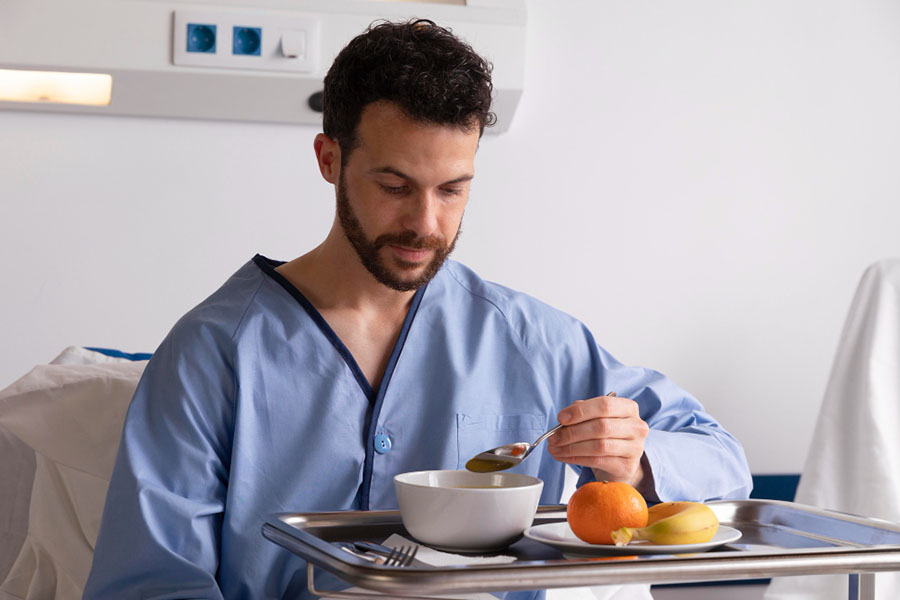
Conclusion
Can you eat while on IV fluids? As discussed, this decision is multifaceted and considers factors such as the type of IV fluids being administered and the patient’s medical condition.
When it comes to oral intake, weighing potential risks and benefits is necessary. While general guidelines exist, it’s crucial to follow the specific instructions provided by your healthcare team.
They have the most complete picture of your situation, and their expertise and personalized guidance will ensure that you receive the most appropriate care during your IV therapy. Remember, open communication and a collaborative approach are key to navigating the complexities of IV fluid administration and dietary considerations.

